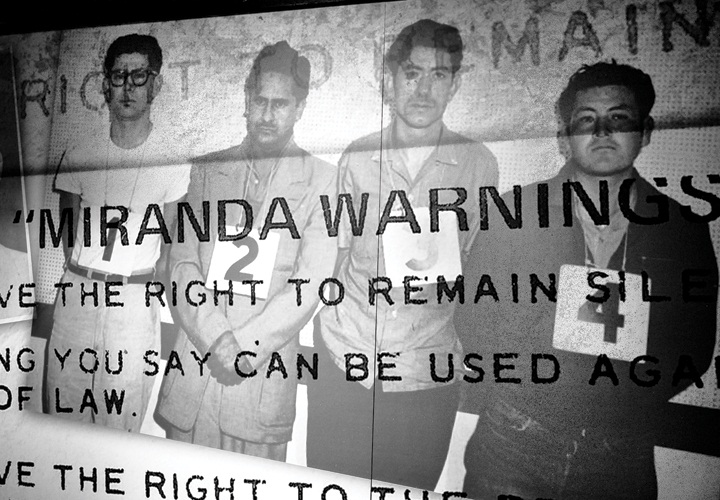
Miranda rights – a term etched into our collective consciousness thanks to decades of Hollywood portrayals. However, the reality is far from the scripted drama. Many believe that an officer’s failure to recite these rights leads to automatic dismissal, a notion perpetuated by television narratives.
The Mirage of Miranda
Miranda, a landmark case from the late 1960s, established the requirement for officers to read rights during custodial interrogations. The formula is straightforward: if a police officer neglects to issue Miranda warnings, interrogates us while in custody, and elicits incriminating statements, those statements become inadmissible. This is the legal remedy for a failure to advise.
The Untold Nuances
Contrary to popular belief, the failure to advise doesn’t automatically guarantee dismissal. The key lies in understanding that if an officer refrains from interrogation or if we abstain from making incriminating statements, the oversight becomes inconsequential. The takeaway remains consistent – always exercise your right to remain silent and request legal representation!
In essence, the Miranda myth unraveled – it’s not a one-size-fits-all escape clause. Knowing when and how these rights come into play can make all the difference. Stay informed, stay silent, and seek legal counsel when in doubt!


